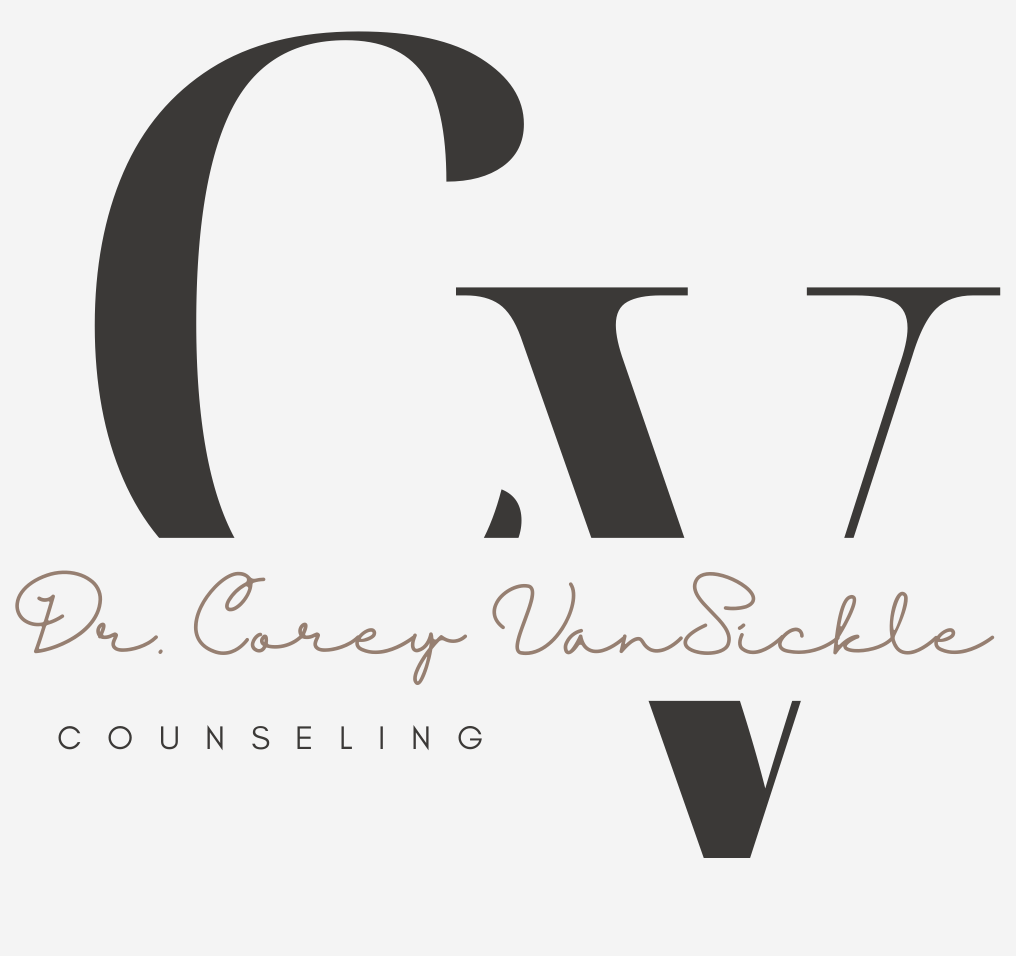Anxiety
Anxiety is a complex, often overwhelming experience that can affect every aspect of life—from work and relationships to self-esteem and daily routines. As a counselor who specializes in anxiety, I’ve dedicated my practice to helping individuals understand, manage, and ultimately overcome the challenges associated with anxiety.
Why I Chose Anxiety as a Specialty?
My passion for helping people overcome anxiety stems from both professional training and personal experience. I have seen firsthand how anxiety can inhibit growth, diminish quality of life, and create barriers to personal success. By specializing in anxiety counseling, I aim to:
- Empower Individuals: Provide tools and strategies to manage anxiety so that individuals feel more in control of their lives.
- Foster Self-Awareness: Help clients understand the roots of their anxiety, including triggers and underlying emotions.
- Promote Healing: Create a safe, non-judgmental space where healing can begin through understanding, compassion, and proactive intervention.

Understanding Anxiety
Anxiety is not a one-size-fits-all experience. It can manifest as generalized anxiety disorder, social anxiety, panic attacks, or specific phobias, among other forms. What they all have in common is a feeling of unease or dread that can be both mentally and physically taxing. In counseling sessions, I work with clients to demystify anxiety by:
- Identifying Triggers: Exploring what situations or thoughts contribute to the anxiety.
- Recognizing Physical Symptoms: Understanding how anxiety manifests physically, such as through rapid heartbeat, tension, or shortness of breath.
- Breaking the Cycle: Learning to interrupt negative thought patterns that feed the anxiety loop.
My Counseling Approach to Anxiety
I believe that effective counseling must be tailored to each individual’s unique experience. Here’s a glimpse into my approach to anxiety counseling:
Building Trust and Safety
The first step is establishing a secure, supportive environment where you feel comfortable discussing your fears and experiences. Trust is the foundation of our work together, and it allows for honest exploration of what’s causing your anxiety.
Cognitive-Behavioral Techniques (CBT)
CBT is one of the cornerstone methods I use. It helps you identify and challenge distorted thinking patterns and replace them with healthier, more realistic perspectives. This approach has proven effective in reducing anxiety and empowering clients to take control of their thought processes.
Dialectical-Behavioral Therapy (DBT)
Dialectical Behavioral Therapy (DBT) is a form of cognitive-behavioral therapy that combines strategies of acceptance and change, helping individuals manage intense emotions and reduce self-destructive behaviors. Key components of DBT include Mindfulness, Distress Tolerance, Emotion Regulation, and Interpersonal Effectiveness.
Mindfulness and Relaxation Strategies
Mindfulness practices, such as deep breathing exercises and meditation, are integral to my counseling sessions. These techniques help reduce stress and bring your focus back to the present moment, minimizing the impact of overwhelming anxious thoughts.
Personalized Action Plans
Every client’s journey with anxiety is different. Together, we develop a personalized action plan that includes setting realistic goals, tracking progress, and adjusting strategies as needed. This collaborative approach ensures that you are actively involved in your path toward managing anxiety.
Other Therapeutic processes as needed
If you’re struggling with anxiety and looking for a personalized approach to healing, I’d love to help you navigate this journey. Together, we can work towards reducing anxiety and creating a life that feels more balanced and fulfilling.

